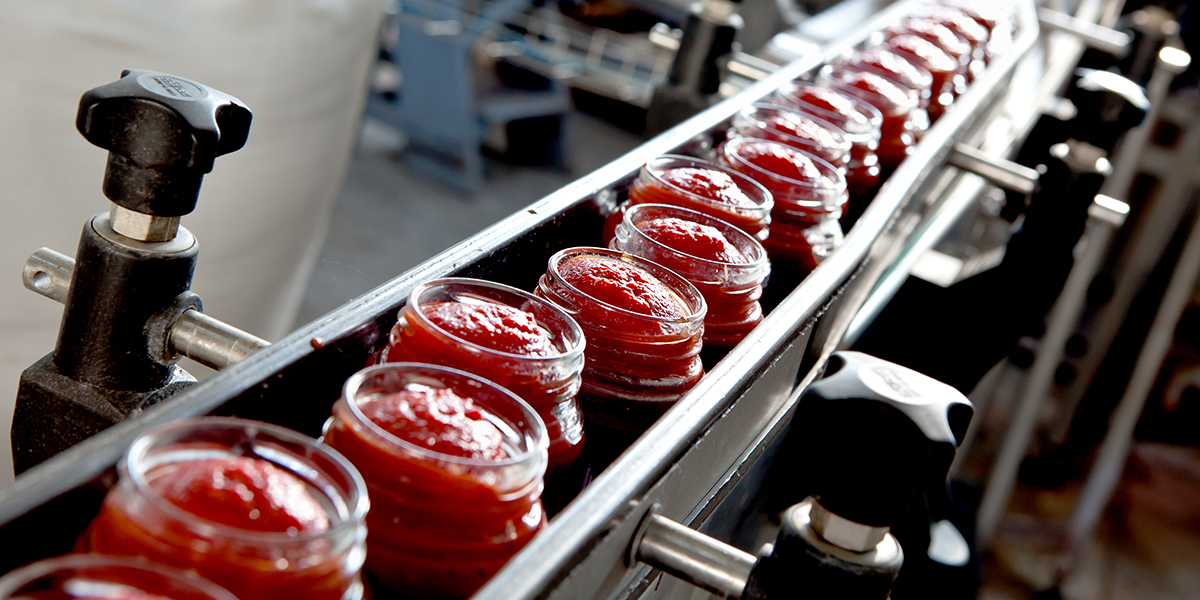Introduction
Private tag specialty foods have actually become significantly preferred in the retail sector. With customers seeking unique and premium items, private tag foods use a delicious option that pleases their taste buds and satisfies their expectations. In this post, we will explore the globe of personal tag foods, from their production to their influence on both retailers and consumers.
The Rise of Private Label Food Manufacturers Australia
Private tag food suppliers in Australia have experienced substantial development in recent times. These manufacturers concentrate on generating private label foodstuff that accommodate the particular demands and choices of retailers and consumers. With a focus on quality and advancement, they have sculpted a niche on their own in the competitive food industry.
Benefits of Private Label Food Products
Private tag food use many advantages for both merchants and customers. Let's take a better consider some of these advantages:
1. Quality Control
One of the major advantages of private label food products is the control over quality. Retailers can work very closely with private label food manufacturers to make certain that the items meet their wanted standards. This enables merchants to provide top notch items that line up with their brand image.
2. Customization
Private tag food manufacturing enables retailers to tailor their products according to their target audience's choices. Whether it's creating distinct flavors or dealing with particular nutritional demands, personal tag foods supply versatility in product development.

3. Competitive Pricing
Retailers can take advantage of affordable rates by opting for personal label foods. Because there are no middlemen involved, the price financial savings can be passed on to consumers, making these items much more budget friendly contrasted to nationwide brands.
4. Brand name Differentiation
Private label foods assist sellers differentiate themselves from rivals by providing unique items not found elsewhere. This exclusivity produces a feeling of loyalty amongst customers who actively seek these specialized items.
5. Boosted Revenue Margins
Private label food products usually have higher earnings margins for retailers contrasted to nationwide brand names. With control over the entire production process, sellers can enhance prices and optimize their profits.
The Process of Private Label Food Manufacturing
Private label food production includes a number of crucial steps that guarantee the production of top notch items. Allow's look into the process:
1. Research and Development (R&D)
The R&D stage is vital in private label food manufacturing. It involves market research to recognize customer fads, tastes, and choices. Makers function closely with sellers to create product concepts that straighten with their brand and target market.
2. Recipe Formulation
Once the principle is completed, manufacturers move on to recipe formula. This action entails producing an one-of-a-kind blend of active ingredients and tastes that fulfill the desired taste account. Suppliers may also think about integrating LSI search phrases such as "personal tag specialty foods" and "private label food makers Australia" to improve online search engine optimization.
3. Evaluating and Quality Assurance
Before automation begins, producers carry out strenuous screening and quality control checks. This makes certain that the items satisfy all safety and quality requirements established by regulatory bodies. Private label food makers focus on consumer fulfillment by providing products that are risk-free, tasty, and consistent.
4. Product packaging Design
Packaging plays an essential duty in private label food' success. Producers collaborate with retailers to develop product packaging that mirrors the brand's worths and attract consumers. Distinctive styles integrated with informative labels aid attract attention on shop shelves.
5. Manufacturing and Distribution
Once the packaging style is approved, manufacturers start manufacturing on a large https://6579696f1be79.site123.me scale. They follow stringent production practices to maintain uniformity in preference, texture, and general item quality.

Distribution of exclusive label foods is done with numerous channels like supermarkets, online systems, or specialized shops. Stores play a crucial role in making certain these items reach their target audience effectively.
FAQs regarding Exclusive Label Foods
What are private tag foods? Exclusive label foods are products that are made by a business for sale under a merchant's trademark name. These products provide unique flavors and customization options.
How can stores gain from private label food manufacturing? Retailers can take advantage of private label food manufacturing by using exclusive items, managing high quality, and taking pleasure in greater earnings margins.
Are private label foodstuff of high quality? Yes, private label food suppliers focus on quality control to ensure that their products meet the preferred criteria set by retailers.
Can merchants tailor private label foodstuff? Yes, sellers have the adaptability to customize private label foodstuff according to their target market's preferences.
Are exclusive tag foods a lot more economical contrasted to nationwide brand names? Yes, exclusive tag foods are often valued competitively, making them extra cost effective for consumers.
Where can customers locate private label food? Private label food are available in different retail electrical outlets such as grocery stores, on the internet systems, and specialized stores.
Conclusion
Private tag foods have revolutionized the retail market by giving a delicious option for both merchants and customers. With their focus on quality assurance, personalization choices, and affordable prices, these specialized products supply an unique experience that sets them in addition to national brands. Sellers can utilize the advantages of private label food production to differentiate themselves and boost their profit margins. Consumers, on the other hand, can appreciate high-grade products tailored to their choices. As the demand for one-of-a-kind and delicious food grows, exclusive label foods remain to prosper in the marketplace, accommodating the evolving preferences of consumers.